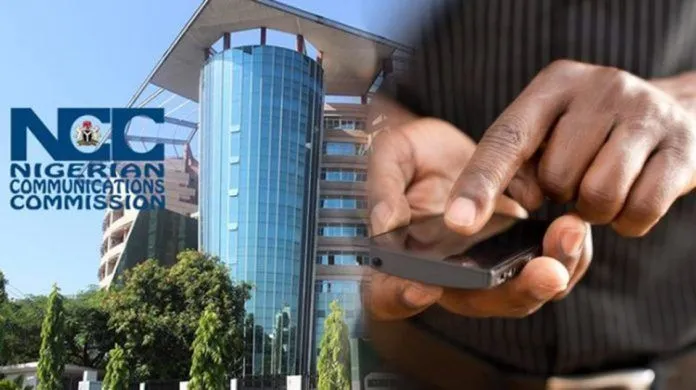Investment inflows into Nigeria’s telecoms sector have reached approximately $1 billion from January 2025 to date.
This surge follows a 50 per cent increase in voice calls, messages, and data tariffs approved by the Nigerian Communications Commission (NCC).
The Executive Vice-Chairman of the NCC, Dr Aminu Maida, disclosed this during a media engagement with journalists in Lagos on Friday.
He explained that the tariff adjustment, implemented in January and February 2025, allowed mobile network operators to raise prices by up to 50 per cent after nearly a decade of fixed rates.
This policy shift, according to him, has spurred significant investment into the sector.
Maida said, “This act alone has allowed investments to flow in. We will be revealing more specific figures in the coming weeks after verification, but we are talking about over a billion dollars worth of investment in 2025 alone.”
He emphasised that the move restored investor confidence, reversing a trend of underinvestment that had hindered network expansion and service quality improvements.
According to him, the previous imbalance in the sector’s value chain, where tower companies could adjust prices annually for inflation and exchange rate fluctuations while mobile operators could not, had discouraged fresh investments.
“This is an industry that requires continuous investment. The world is moving ahead, and if we do not create the right conditions, we will be left behind,” he warned.
He was factual that the country still needs more foreign investment, even the local players need it. He noted that 5G suffers due to a lack of investments, though moving up at a slower pace.
The NCC boss noted that the commission had revisited the guiding principles of the 2000 Telecom Policy and the 2003 Communications Act, allowing market forces to determine fair pricing while ensuring healthy competition to protect consumers.
He revealed that new equipment ordered had begun arriving in the country since June, with network expansion and upgrades already in progress, starting from the North Central and FCT, stating that bit will soon be extended to Lagos and other parts of the country.
“We are closely tracking the rollout. We hold weekly calls with operators to monitor how many sites are being built, upgrades done, and we step in when they encounter challenges with authorities,” Maida said, adding that the investments would enhance network capacity, improve service quality, and keep Nigeria competitive in the global telecom landscape.
Maida also highlighted the industry’s operational cost pressures, pointing out that operators consume over 40 million litres of diesel monthly to power base stations, most of which is imported.
Additionally, the sector relies entirely on foreign exchange for network hardware and software, as no major telecom equipment is manufactured locally.
He stated that only a few countries, including China, Finland, and Sweden, produce the infrastructures that drive telecommunications across the world.
“There is nothing you need to build or upgrade a network today in Nigeria that you can buy locally. Everything from the hardware to the software has to be imported, and that requires FX,” he explained.
On telecom infrastructure protection, Maida said the NCC is collaborating with the Office of the National Security Adviser to develop a framework for rapid response forces tailored to regional challenges.
He noted that security threats vary by location, with coastal areas needing community-based solutions while high-risk zones may require stronger civil defence measures.
The strategy also addresses structural vulnerabilities such as poor security, generator theft, and community disputes.
Meanwhile, he urged the telecoms companies to secure their base stations while complementing it with the government security as he noted that lack of coordination and cooperation is responsible for incessant fibre cuts.
He also advised them to make their customers happy by giving them a good quality of experience, saying that it will subsequently increase the rate of consumption and lead to higher revenue generation.





